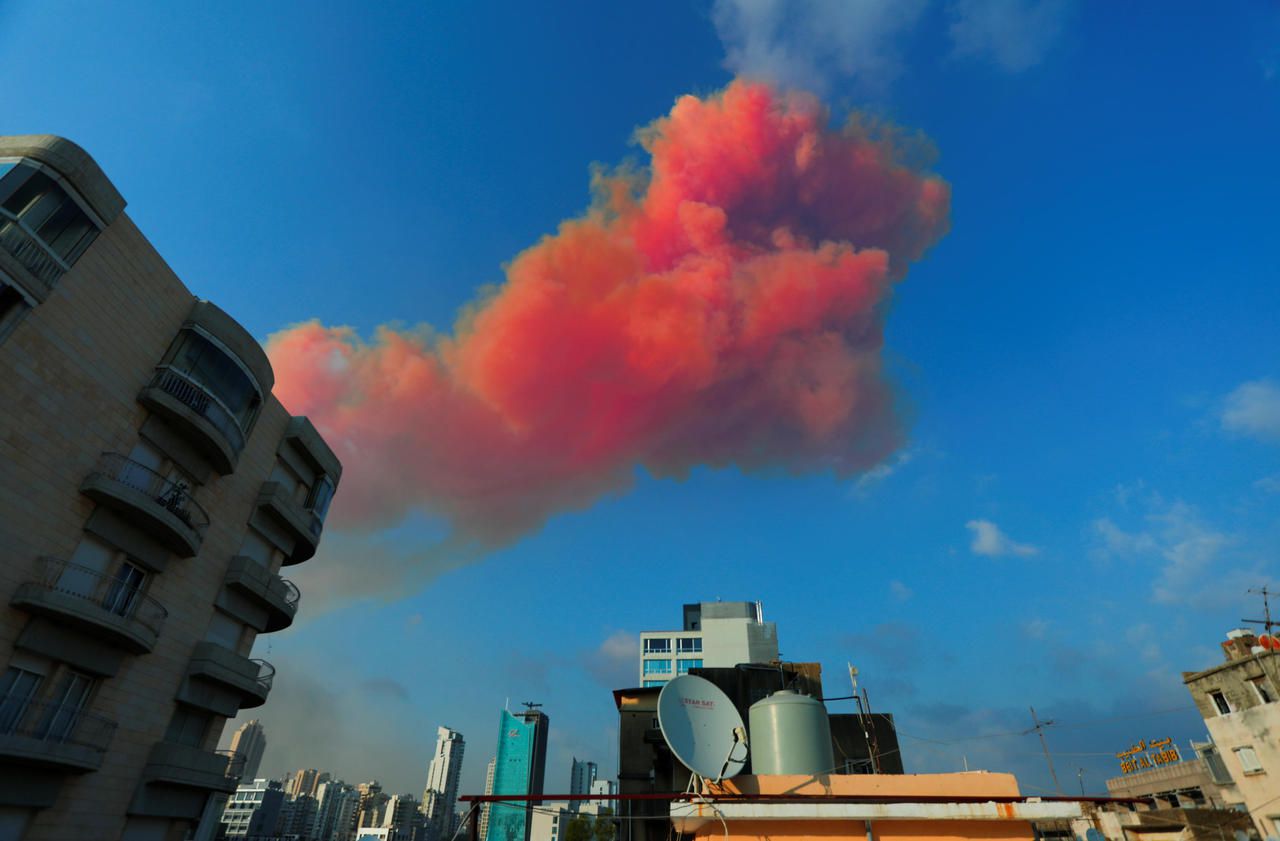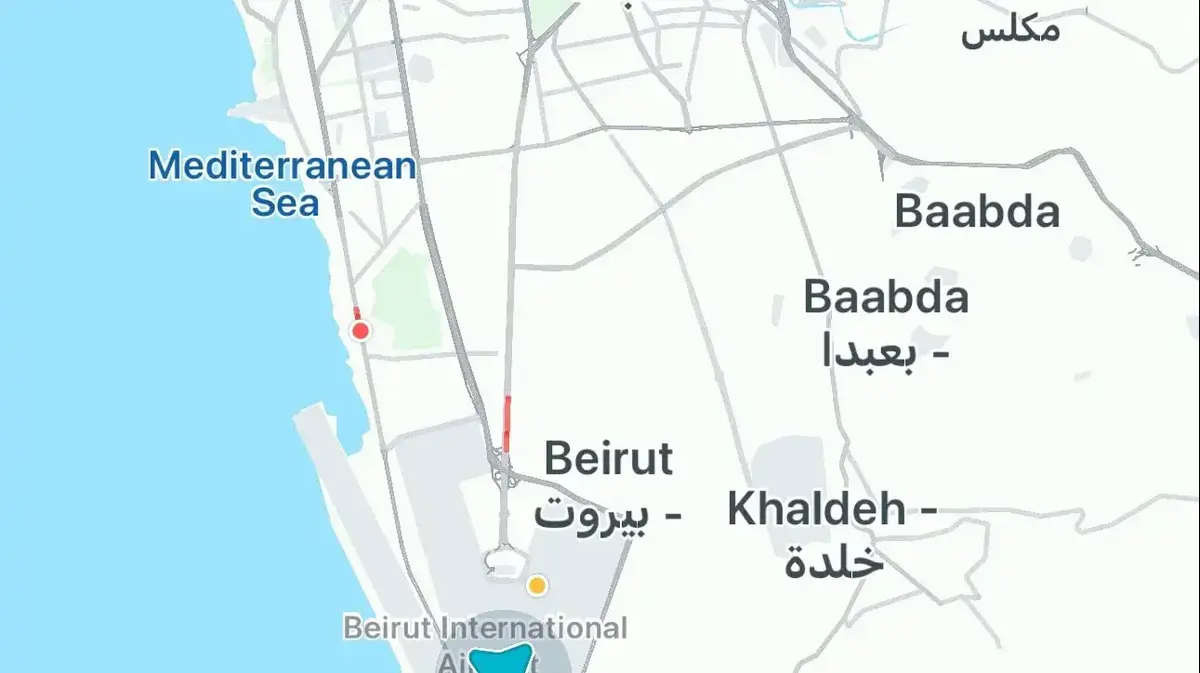2,750 tonnes ... This number, which makes you dizzy, is the quantity of ammonium nitrate stored in the warehouse at the port of Beirut which exploded on Tuesday, causing dozens of deaths and unprecedented damage in the Lebanese capital, according to the Prime Minister of the country on which fall, decidedly, all the calamities.
It is this same product which is singled out during the explosion of the AZF factory in Toulouse in 2001. Except that, by way of comparison, “only” 300 tonnes were stored there.
Ammonium nitrate is a white, odorless salt used as the basis of many nitrogenous fertilizers in the form of granules. It caused several industrial accidents, including that of AZF, in 2001.
Not fuels, but "oxidizers"
Ammonium nitrates are made up of fertilizers called ammonitrates, which farmers buy in large bags or in bulk. They are not combustible products: they are oxidizers, that is, they allow the combustion of another substance already on fire.
"It's very difficult to burn it," says Jimmie Oxley, professor of chemistry at the University of Rhode Island, who herself has worked on burning ammonium nitrate. "It's not easy (either) to detonate it."
Indeed, detonation is only possible with contamination by an incompatible substance or an intense source of heat. And the storage must therefore follow rules to isolate ammonium nitrate from flammable liquids (gasoline, oils, etc.), corrosive liquids, flammable solids or even substances that give off significant heat, among others prohibited, according to a technical sheet from the French Ministry of Agriculture.
561 dead in Oppau, 31 in Toulouse
Many tragedies around the world, accidental and criminal, have as their source ammonium nitrate.
One of the very first accidents killed 561 in 1921 in Oppau, Germany, in a BASF factory. In 1947, Brest was shaken by the explosion of the Norwegian freighter Ocean Liberty which was carrying the substance.
Newsletter - Most of the news
Every morning, the news seen by Le ParisienI'm registering
Your email address is collected by Le Parisien to enable you to receive our news and commercial offers. Learn more
In France too, stacked in bulk in a hangar of the AZF chemical plant, in the southern suburbs of Toulouse, some 300 tonnes of ammonium nitrates suddenly exploded and caused a wind of death and desolation to blow over the fourth city of France September 21, 2001: 31 people died, and the explosion was heard 80 km around.
In the United States, a terrible explosion at the West Fertilizer fertilizer plant in West Texas killed 15 people in 2013. A stockpile of ammonium nitrates exploded in an arson attack; the absence of storage standards had been questioned by the investigators.
Ammonium nitrate can also be used in explosive devices. On April 19, 1995, Timothy McVeigh detonated a bomb made from two tons of the fertilizer in front of a federal building in Oklahoma City, killing 168 people.
But Professor Oxley qualifies by recalling that ammonium nitrate has become essential for agriculture and construction. “We wouldn't have this modern world without explosives, and we couldn't feed today's people without ammonium nitrate fertilizers,” she says. "We need it, but you have to be really careful what you do with it."
Lebanon: two strong explosions shake Beirut, dead and thousands injured











/cloudfront-eu-central-1.images.arcpublishing.com/prisa/S7ERVSCT4FUVX6R7TUVBDNTH5Y.jpg)


